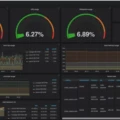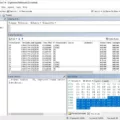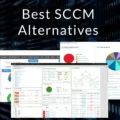Do you need to build, deploy, and run applications with secure, Java EE-certified runtime environments? Then IBM WebSphere Application Server might be the perfect solution for you.
IBM WebSphere Application Server is a powerful commercial product that offers flexible runtime environments for businesses ranging from small production environments to larger enterprise deployments. It offers an array of features such as web server connectivity, a security-rich environment, and back-end services to allow developers to create a variety of applications.
The web server and application server communicate through the WebSphere HTTP plug-in for the web server. This allows for communication requests to be handled with ease and efficiency. The plug-in also provides support for multiple web servers such as Apache HTTP Server, Microsoft IIS, and IBM HTTP Server.
In terms of security, WebSphere offers a robust set of features that allow administrators to protect their company’s data from unauthorized access or manipulation. It also provides authentication mechanisms such as LDAP or Kerberos authentication in order to ensure that only authorized personnel can access certain areas of the system.
Additionally, IBM WebSphere Application Server includes a wide range of tools and components that make it easy for developers to create applications quickly and efficiently. These include JavaServer Pages (JSP), JavaServer Faces (JSF), Enterprise JavaBeans (EJB), servlets, web services, messaging services, transaction processing services, and more.
Finally, IBM WebSphere Application Server is backed by IBM’s development team who are available to provide support whenever needed. This means that you can trust that your application will continue to run smoothly in the long term.
Overall, IBM WebSphere Application Server is an excellent choice if you’re looking for a secure, reliable way to develop applications with minimal effort. With its robust set of features available at your disposal, you can rest assured knowing that your business will be able to take advantage of all the benefits offered by this powerful product.
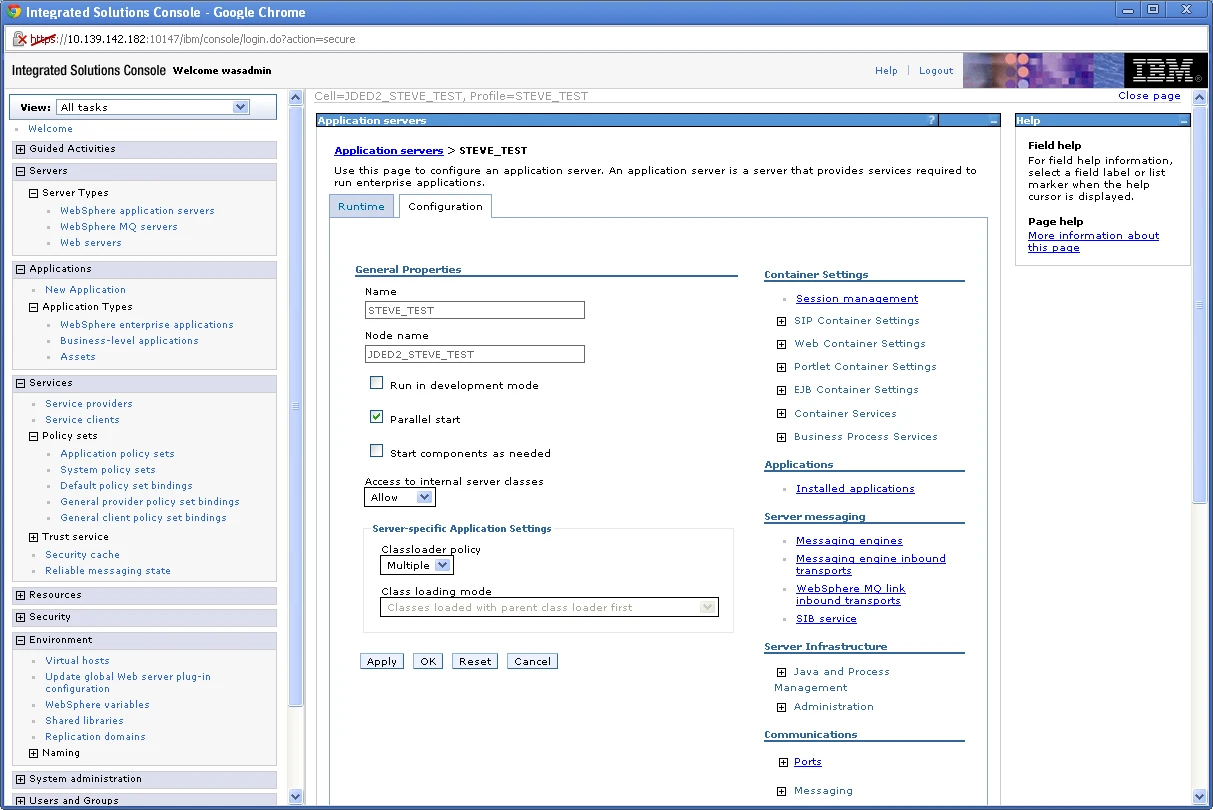
Uses of WebSphere Application Server
WebSphere Application Server is a secure, reliable, and scalable application server used for building, deploying, and running applications that are based on Java Platform Enterprise Edition (Java EE) standards. WebSphere provides an environment for enterprise Java applications to run in, including the necessary components such as web servers, application servers, messaging services, database connectivity, and transaction processing. It offers a range of features to enable developers to build reliable applications quickly and easily. WebSphere Application Server also provides support for open-source technologies such as Apache Tomcat, JBoss, Spring Framework, Hibernate ORM, and many others. Additionally, IBM provides a range of tools to help manage and monitor the performance of your applications. With WebSphere, you can create highly available systems with built-in clustering capabilities or use distributed caching solutions like Coherence or Ehcache for scalability. You can also use IBM’s Dynamic Clusters feature which allows you to scale your applications automatically in response to changes in demand or environmental conditions.
Differences Between Tomcat and WebSphere
The two main differences between Tomcat and WebSphere are the technology behind them and the level of support they offer. Tomcat is an open-source web server and servlet container developed by the Apache Software Foundation, so it is free to use and users are able to modify it for their own needs. It is a lightweight application server but lacks some of the robust features that WebSphere provides.
WebSphere Application Server, on the other hand, is a commercial product backed by IBM. It provides a suite of powerful tools to manage enterprise-level applications, such as distributed transaction management, messaging services, and job scheduling. It also offers comprehensive security features, such as user authentication and authorization, as well as access control lists. In addition to these features, WebSphere also provides professional support services from IBM’s technical team.
Is WebSphere Application Server Still Relevant?
Yes, IBM WebSphere Application Server is still widely used by businesses of all sizes. According to our data, the usage of WebSphere Application Server is still growing steadily over the past 7 years and 5 months. It has become a popular choice for companies with 50-200 employees and 1M-10M dollars in revenue as it offers reliable security, scalability, and performance. Furthermore, its intuitive user interface makes it easy to use and manage even for less experienced users. With regular updates from IBM to keep up with the latest technology trends, WebSphere Application Server remains one of the most popular application servers for businesses today.
Is WebSphere App a Web Server or Server?
WebSphere Application Server is a web application server, not a web server. It is a software framework that provides a runtime environment for hosting and managing Java-based web applications. It includes an HTTP server, servlet engine, and other components to provide the necessary infrastructure needed to run and manage web applications. WebSphere Application Server also provides features such as clustering, caching, memory management, security, performance monitoring, and more. In summary, WebSphere Application Server is an application server that provides the foundation for hosting Java-based web applications.
Applications That Can Run on WebSphere Application Server
WebSphere Application Server is a powerful platform that allows for the deployment and management of various types of applications. These applications can include Java web applications, Java Enterprise Edition (JEE) applications, Web services, messaging applications, and mobile applications. WebSphere Application Server also supports the development of custom enterprise solutions using IBM Business Process Management (BPM) technology. Additionally, it provides support for application portability across different platforms and servers. This allows organizations to run their existing legacy applications on WebSphere Application Server while taking advantage of new features and capabilities that are available with this platform.
Is WebSphere a Middleware?
Yes, WebSphere is a middleware server. It is a software platform created by IBM to help organizations build and maintain applications. WebSphere Application Server (WAS) is the most popular product in the family and it provides services such as messaging, web services, enterprise application integration, and more. It has capabilities to host web applications, Java applications, EJB components, and other types of applications. It also supports distributed transactions across multiple server platforms. WebSphere supports multiple languages like Java, C++, and COBOL making it a great choice for large enterprises with multiple development teams.
Components of WebSphere Application Server
WebSphere Application Server is the core component of IBM’s WebSphere product family. It is an open-source Java EE application server that provides a platform for building and managing secure, multi-tier applications, such as web and enterprise applications. WebSphere Application Server consists of several components that work together to offer high-performance and secure application development and deployment.
The main components of the WebSphere Application Server include:
1. The web server: This component provides an HTTP listener which processes requests from clients over the internet or an intranet. It can be configured to serve static content, such as HTML pages, or dynamic content generated by servlets or JavaServer Pages.
2. The application server: This component manages the execution of Java applications in a managed environment, providing services such as threading and resource management. It includes a runtime environment with support for distributed transactions, messaging, clustering, and other enterprise features.
3. The administrative console: This is a web-based graphical user interface (GUI) used for configuring and administering the application server. It enables administrators to define users, groups, roles, security policies, system resources, applications, virtual hosts, etc., all through an easy-to-use graphical interface.
4. The configuration repository: This component stores all the configuration data used by the application server in a central location called Configuration Repository (CR). This makes it easy to manage and maintain configurations across multiple servers in a cluster or across different environments (development/test/production).
5. Other components: WebSphere Application Server also includes other optional components that can be installed to extend its capabilities such as IBM HTTP Server (IHS), IBM WebSphere Edge Components (WEC), IBM WebSphere Portal Server (WPS), IBM Web Services Gateway (WSG), etc., for additional services like load balancing and caching.
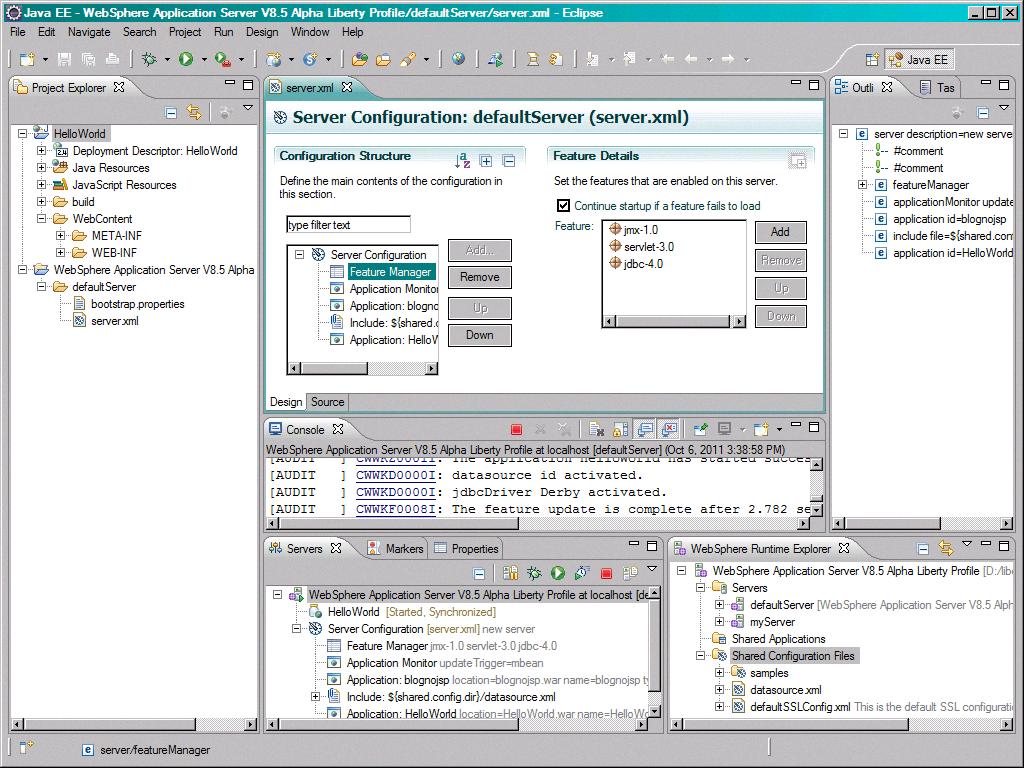
Source: softwareadvice.com
Is WebSphere Application Server an Open Source?
WebSphere Application Server is not an open-source product. While it does include a variety of open-source software packages, the core product is proprietary and not available under an open-source license. However, customers do have access to the source code for some of the optional components, such as Apache Tomcat and Eclipse Jetty, if they choose to use them in their environment. Additionally, IBM provides a range of services related to customizing the product for various customer needs.
Is WebSphere Application Server Free?
Yes, WebSphere Application Server is free for development use. This means that you may install and use a single version of the software on a physical or virtual desktop environment for coding, building, and testing purposes. It is important to note that the license restricts the use to only one developer, so if multiple developers need to access the software, additional licenses will be required.
Conclusion
In conclusion, IBM WebSphere Application Server is a reliable and secure Java EE-certified runtime environment that is used by many organizations around the world. It is ideal for large enterprise deployments as it provides a flexible and secure solution to build, deploy, and run applications. By using the WebSphere HTTP plug-in for web servers, WebSphere Application Server can communicate with web servers to handle requests for web applications. Additionally, IBM provides support for WebSphere Application Server which makes it a great choice for organizations of all sizes.







